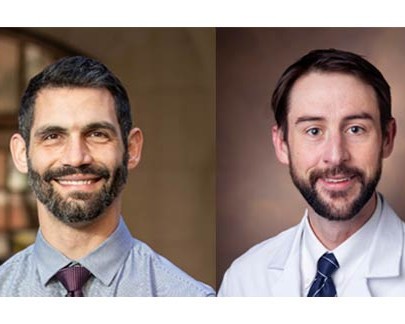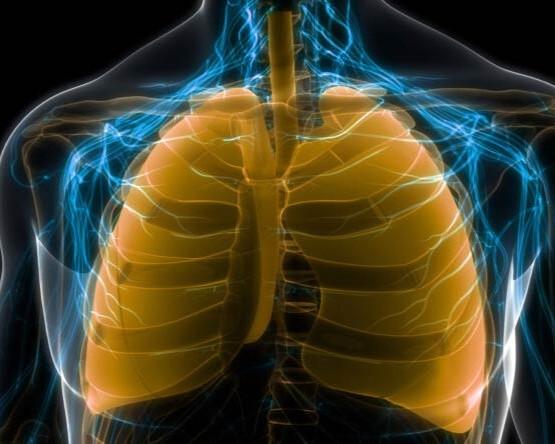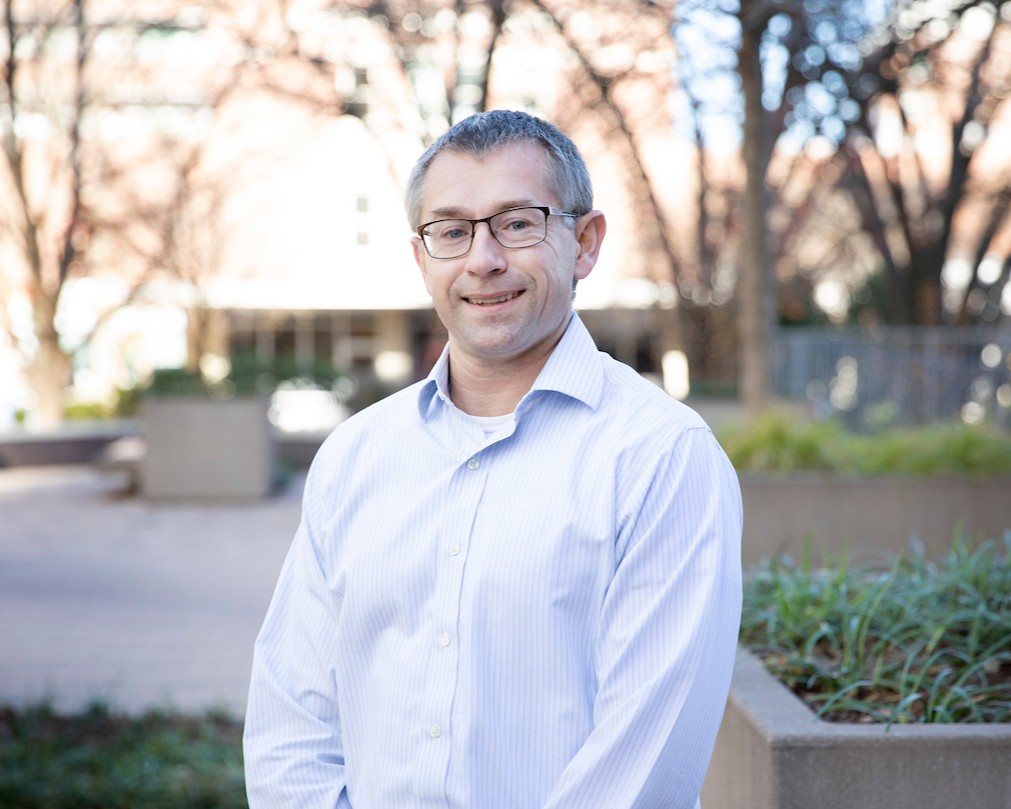Vanderbilt Pulmonary Fibrosis Research Group
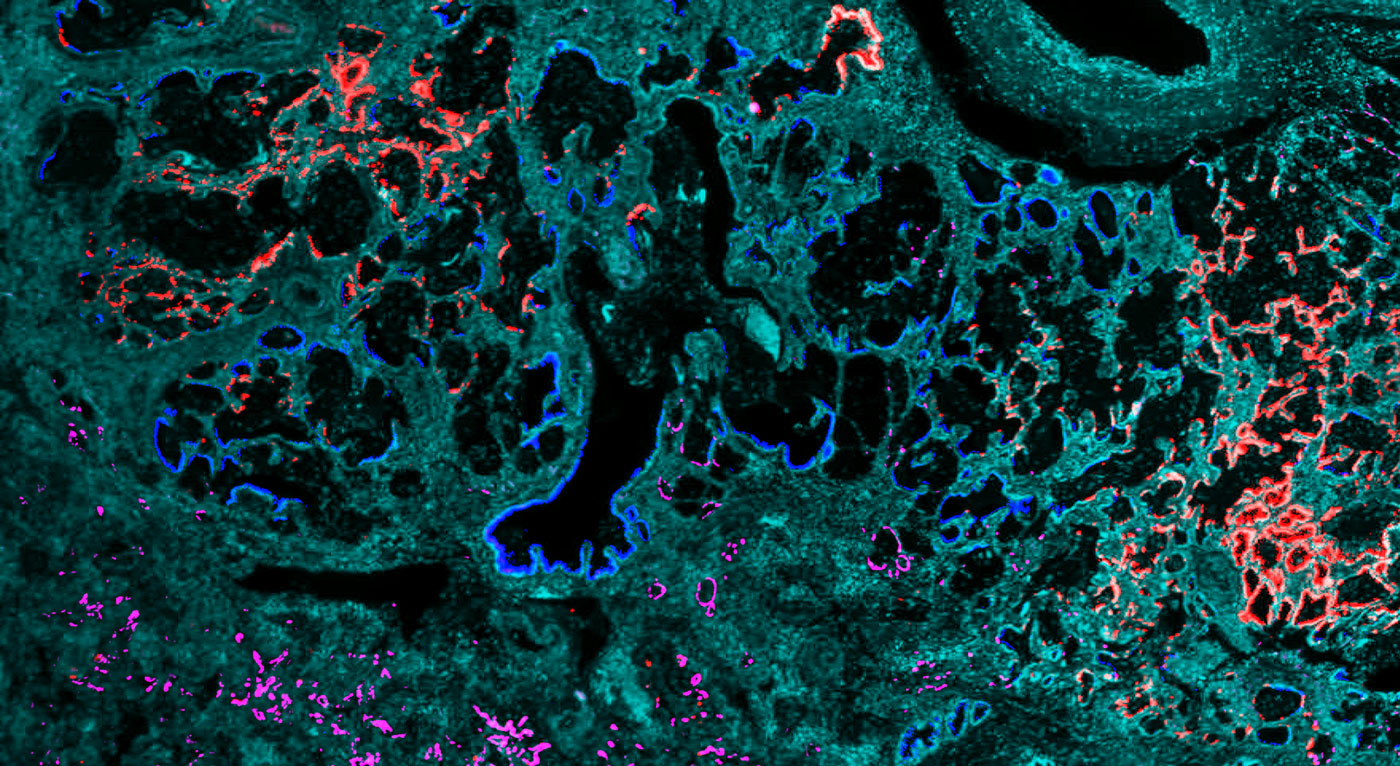
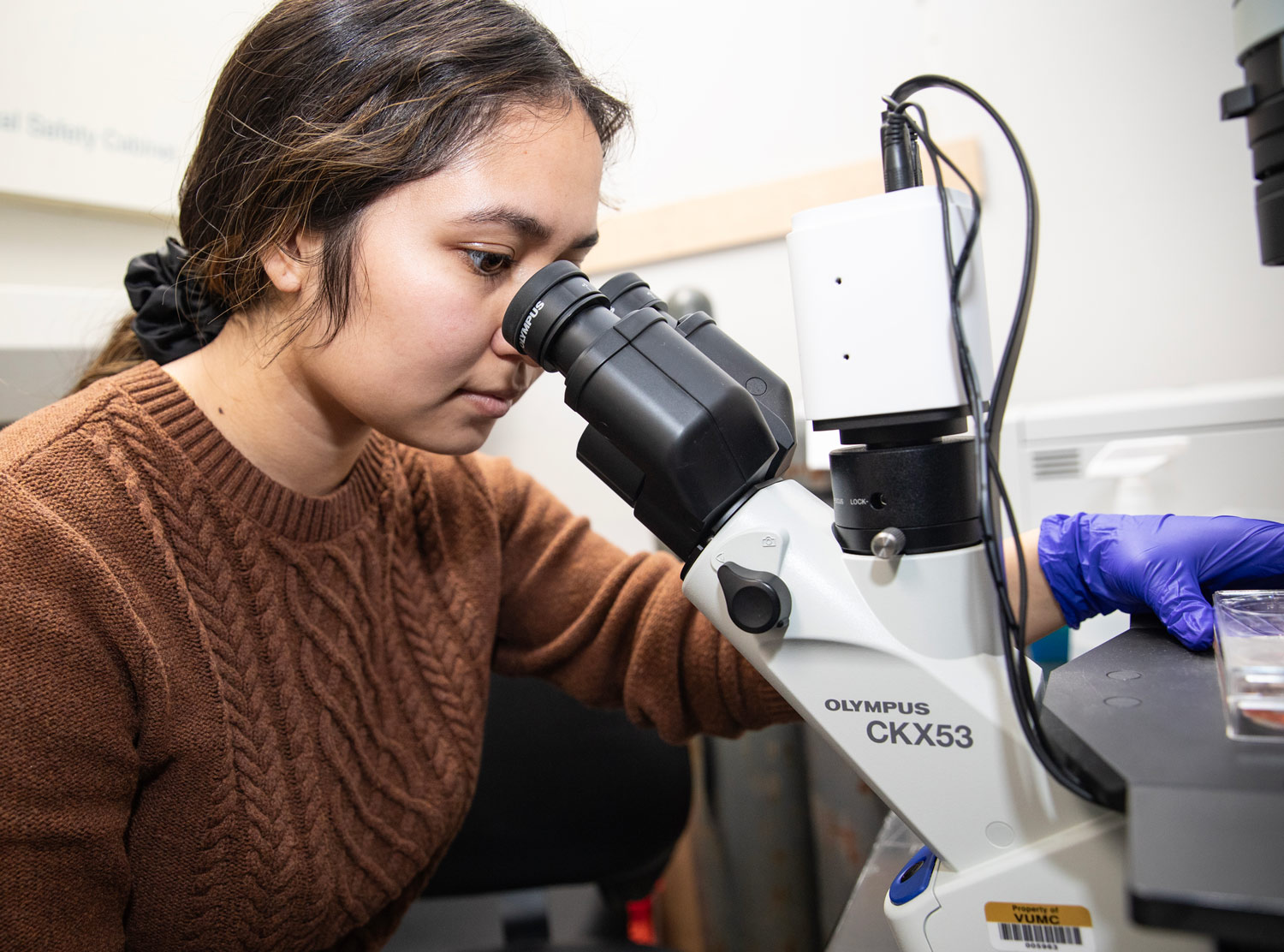
Our Mission
We have a simple yet ambitious mission: To prevent patients from developing progressive pulmonary fibrosis. To achieve this, it is essential to:
Develop strategies to identify patients before they have advanced symptoms
Deeply understand the molecular and cellular processes that drive the disease
Apply the right intervention
to the right patient at the
right time
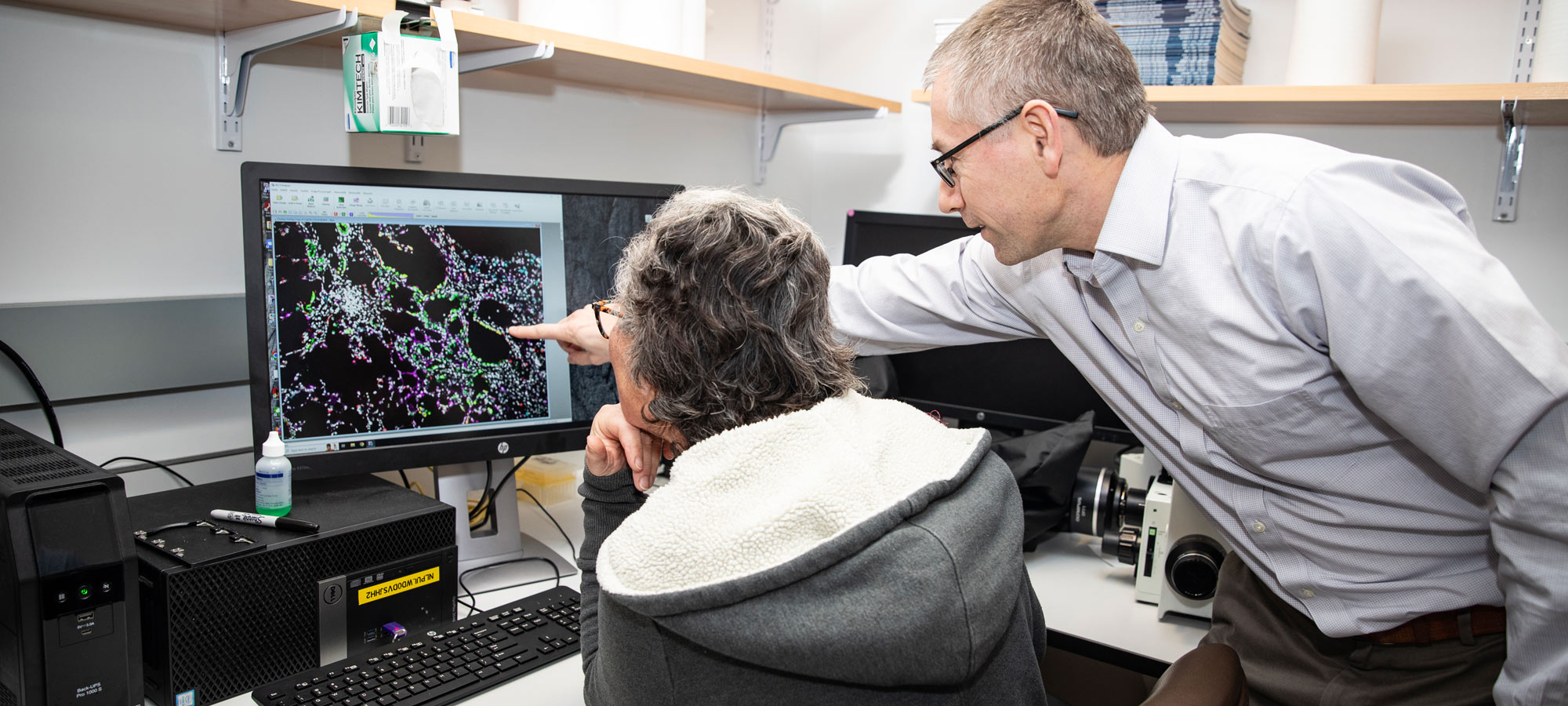

Understanding Risks, Advancing Treatments
The interstitial lung diseases (ILDs) are a group of chronic respiratory disorders characterized by persistent or progressive loss of functional alveoli in the lung and replacement with scar tissue (pulmonary fibrosis).
Pulmonary fibrosis frequently leads to cough, shortness of breath, reduced exercise capacity and even respiratory failure for patients with these disorders. In some patients, pulmonary fibrosis results from specific environmental exposures, systemic autoimmune diseases, or inherited (genetic) risk factors, though in many patients a single cause cannot readily be identified.
There are two approved treatments for pulmonary fibrosis that can slow disease progression, but there are not yet treatments that can prevent, halt or reverse this process.
Multidisciplinary Research Group
For over 20 years, the Vanderbilt Pulmonary Fibrosis Research Group has been working to identify genes that confer susceptibility to pulmonary fibrosis. We have been extending this work to investigate how environmental risk factors, together with inherited (genetic) risk factors, predispose patients to develop interstitial lung diseases.
We are studying advanced imaging approaches to improve our ability to detect the earliest signs of disease and exploring the cellular programs and pathways that drive this disease.
Our multidisciplinary research group integrates patient-centered clinical studies, state-of-the art genetic and genomic technologies, and innovative disease-modeling approaches to investigate the cellular mechanisms that lead to ILD and develop novel approaches to interrupt the disease process.
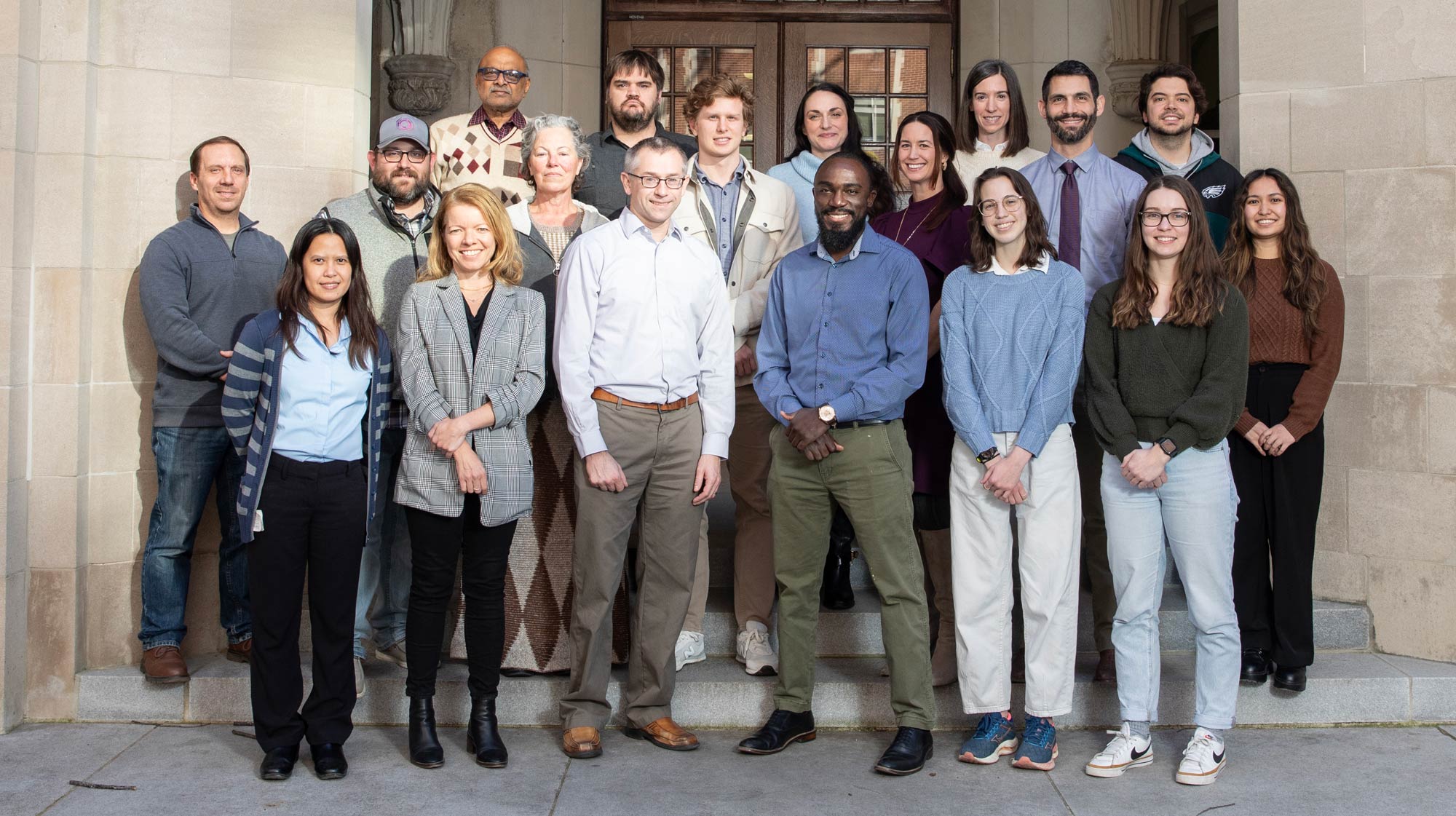
Support Our Work
With your support, we move closer to a future where pulmonary fibrosis is not only treatable – but preventable. Thank you for making a difference!
